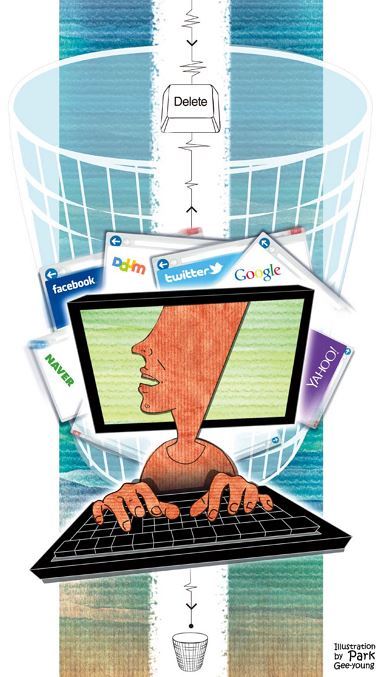Open Letter to the Korean President: 61 Years After Armistice, Democracy Is More Vital Than Ever
Posted: Updated:
Open Letter To Her Excellency Park Geun-hye, President, Republic of Korea
Dear Madame President,
As someone who, during 16 years in the United States Congress, has celebrated the US-South Korean friendship and who maintains deep ties with the Korean community in the United States, I respectfully write to express my concern about the policies of your government, which are anti-democratic and which discredit the sacrifices that American soldiers made so many years ago in Korea's defense.
The arrest and imprisonment of an elected member of your Congress, Lee Seok-ki, on charges of sedition, will be noted by members of the United States Congress who are painfully aware of the personal and political risks which can attend challenging an administration whose politics greatly differ. Your attempt to outlaw an opposing political party, your use of your National Intelligence Service (NIS) for political purposes, your cabinet's obstruction of justice in attempts to investigate the NIS, your attempt to cast as disloyal to South Korea all who disagree with your administration, your use of illegal surveillance of civilians, your use of Cold War rhetoric to attack those who legitimately question your policies, and your use of official resources, including state social media resources, to influence the result of elections, raise legitimate questions about whether or not you have any commitment to democratic values.
Today, Sunday July 27th, I join others in Washington DC, and people around the country and around the world, to observe the 61st anniversary of the Korean War Armistice. It is my hope that the 33,686 US soldiers who gave their lives in Korea, together with another 8,176 US soldiers who were missing in action, did not make the ultimate sacrifice in defense of your freedom to enable freedom's destruction under your government.
In today's world, there is always an intersection of intere



